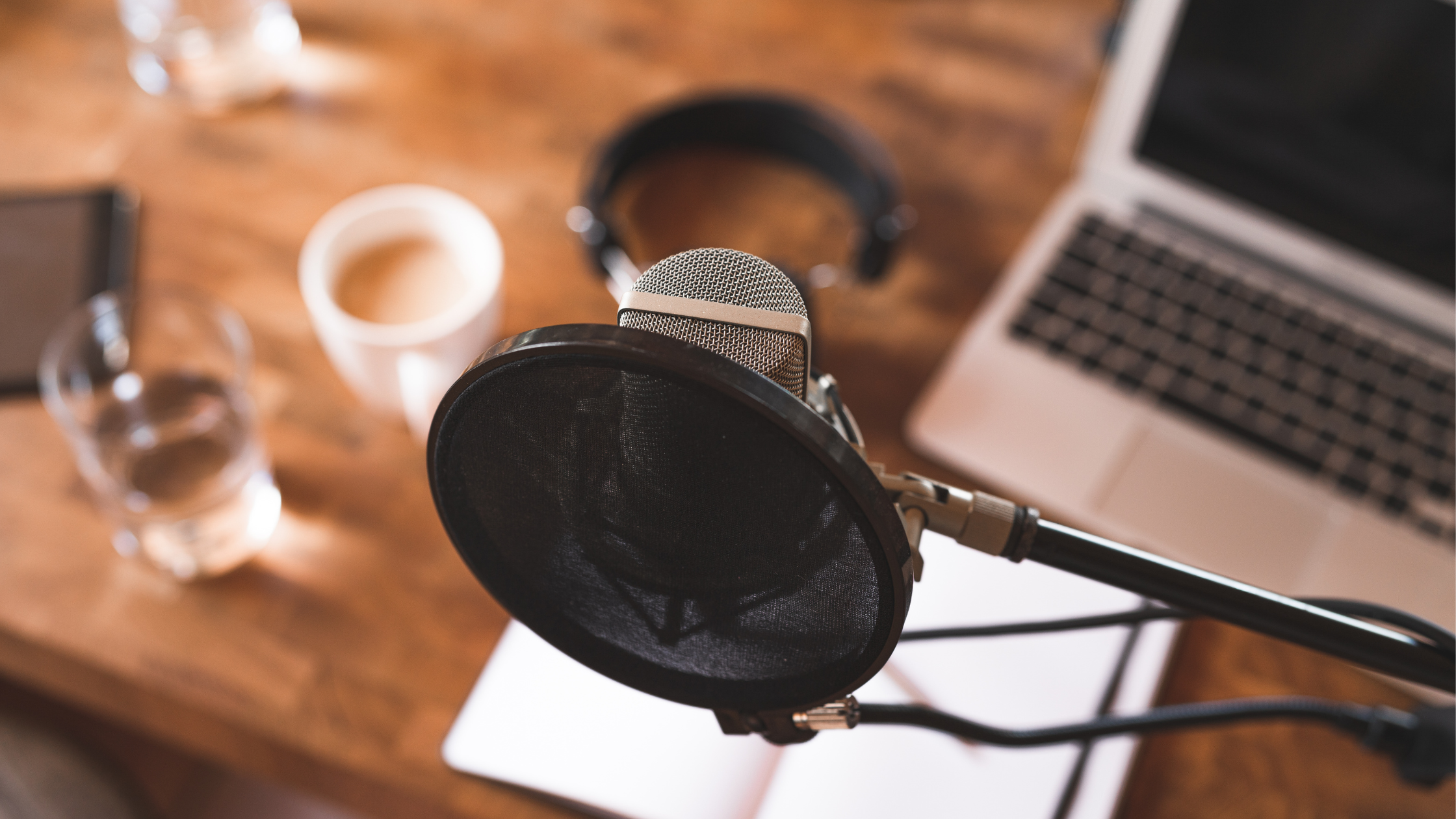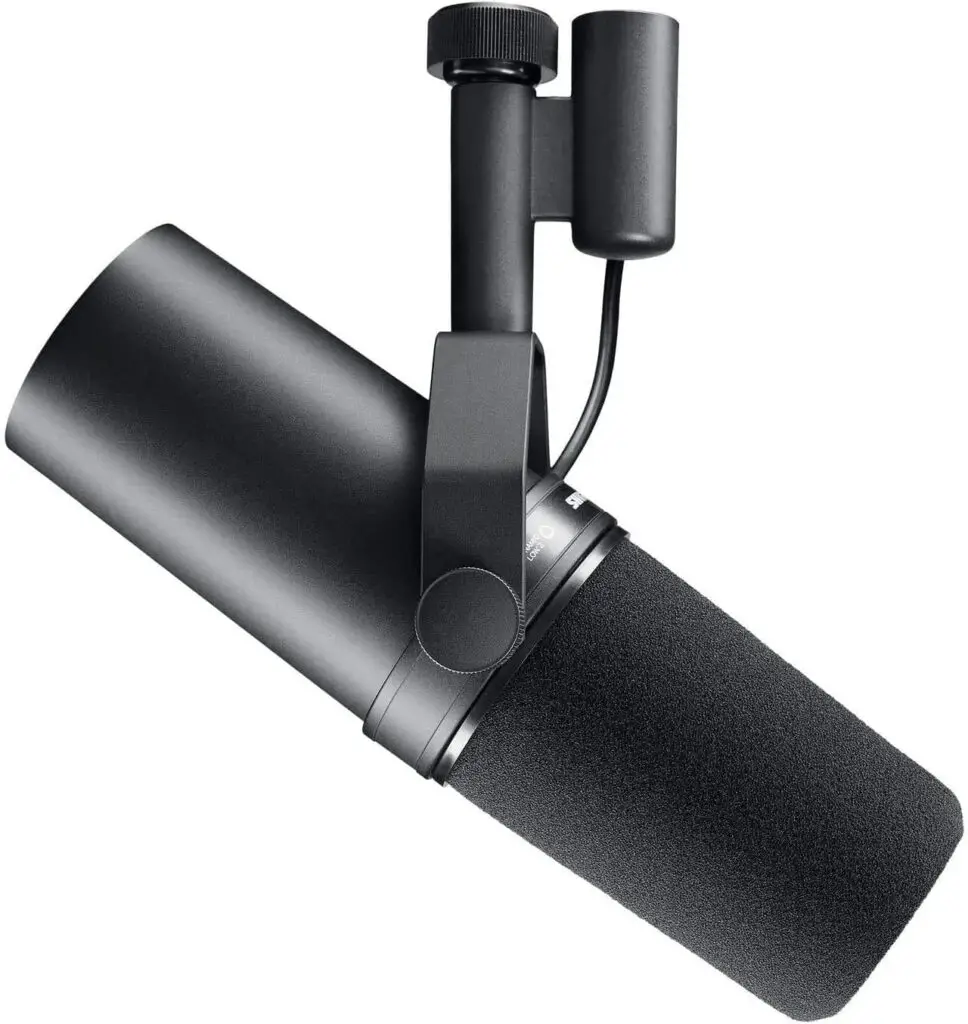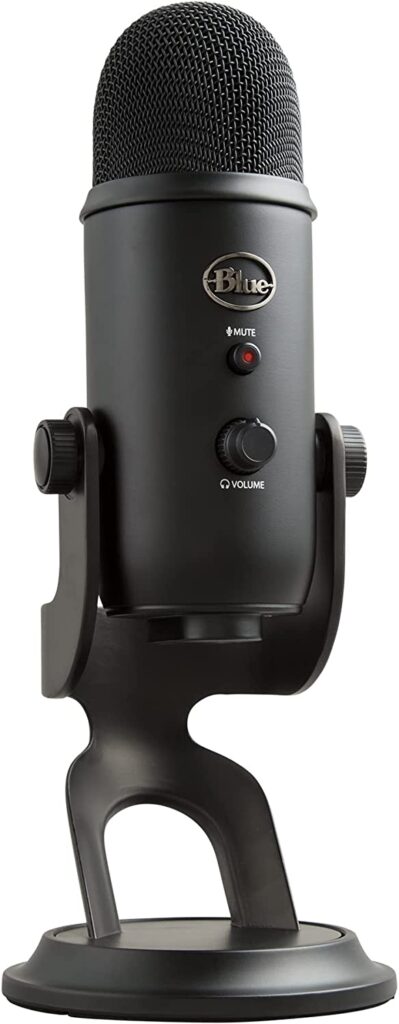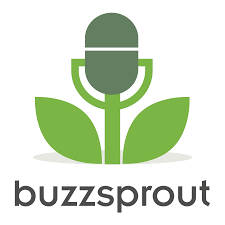Beginner’s Guide to Podcasting | Start Your Own Podcast
Starting a podcast is an ever growing audio hobby that allows people to share their perspectives and ideas with a worldwide audience, instantly!
Podcasting is an excellent way to build community around a particular topic or interest, share your thoughts and can even become a source of income.
This guide will provide you with the necessary knowledge and resources to take the first step in starting your very own podcast. Get ready to join the exciting world of podcasting!
A Brief History of Podcasting
Podcasting is a relatively new medium, with its origins dating back to the early 2000s. The term “podcasting” was first coined by journalist Ben Hammersley in a 2004 article for The Guardian newspaper, in which he described a new type of digital media that combined the words “iPod” and “broadcasting.”
The first podcast is widely believed to have been created by Dave Winer, a software developer and journalist, in 2003. He called it a “webcast” and it was a simple recording of a presentation he gave at a technology conference.
Adam Curry and Dave Winer later partnered up to develop a new method of automatically downloading audio content, which they called the “RSS-enclosure”. This allowed the audio files to be automatically downloaded and played on a portable media player, such as an iPod. With the advent of this technology, it became possible to create and distribute audio content on a regular schedule, similar to a traditional radio program.

In the following years, more people began to create and distribute their own podcasts, and podcasting began to gain mainstream popularity. In 2005, Apple added podcasting support to iTunes, which greatly increased the accessibility of podcasts to the general public. By this time, many established media companies and radio stations had also began to create and distribute their own podcasts.
Podcasts have grown popularly since, and it is now a medium with a diverse and vast content that can be found on many platforms and Podcast hosting platforms like Spotify, and Apple Podcasts have made it even more accessible to listen and create a podcast.
Benefits of Starting a Podcast
Podcasting allows individuals to share their ideas and perspectives with a worldwide audience from the comfort of their own home or studio.
Starting your own podcast can also be a great way to build a community around a particular topic, niche or interest while growing expertise and knowledge.
Podcasting can be a valuable tool for building personal or business brand, as well as an income source via advertising, sponsorships and merchandise.
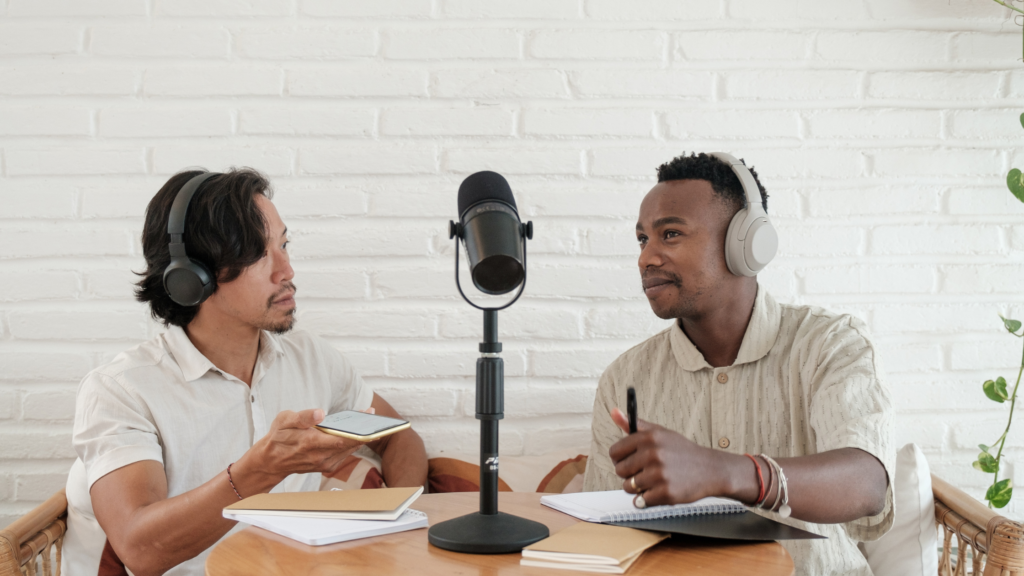
Getting Started with Your Podcast
Recommended Gear
To get started with podcasting, you will need a few basic pieces of equipment.
A high-quality dynamic vocal microphone is crucial for ensuring that your recording sounds clear, professional and reduce background noise.
The gold standard of podcasting microphones is the Shure SM7B.
A USB microphone or XLR microphone is a good choice for folks just getting started and your audio will suffice until you get rolling and consistent with your episodes.
We recommend the Blue Yeti for a decent USB microphone to get started.
Headphones are also important for monitoring your audio levels and preventing feedback during the recording.
You may recognize the Sony MDR-7506 from you favorite podcasts and for good reason. These over-ear Sony headphones are comfortable, reduce external noise and have extra long cables.
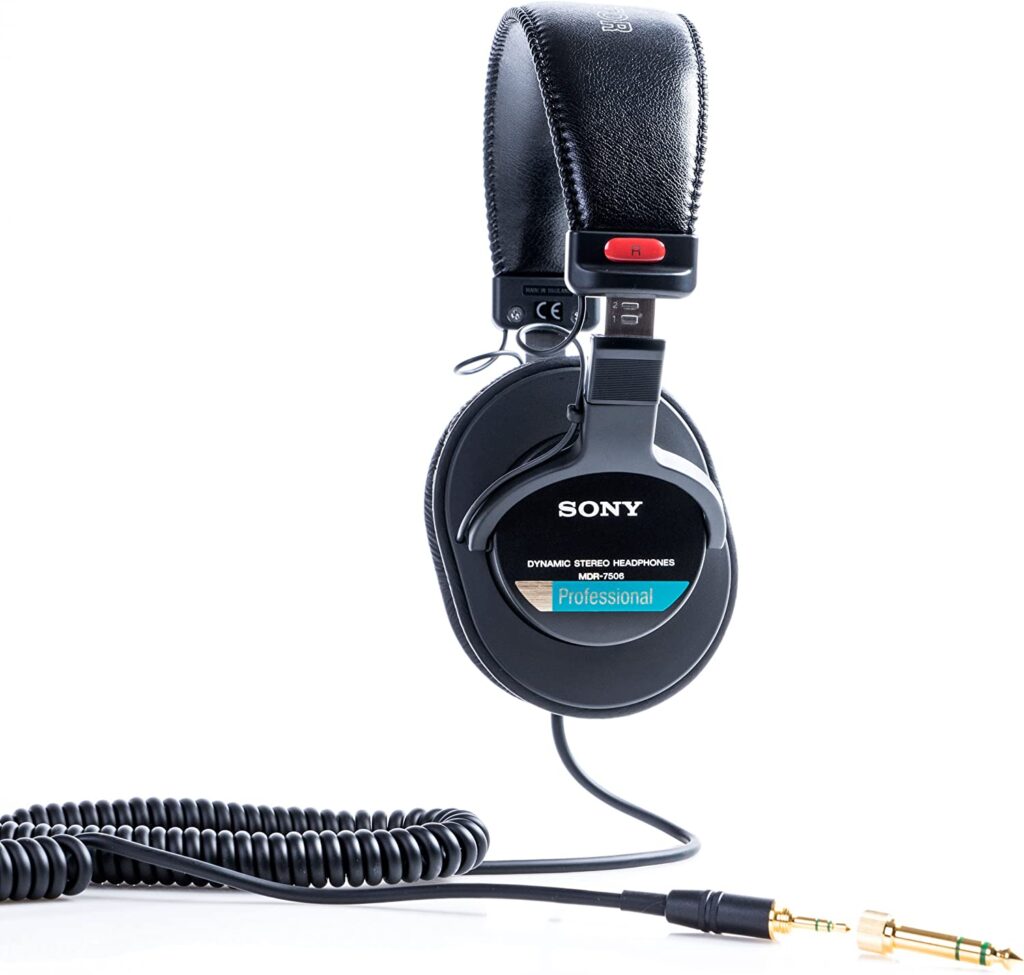
Of course a computer or portable recording device is necessary to record, edit and distribute your podcast as well as a DAW or recording software.
Keep reading for our recommendation on the best podcasting hosting and recording software!
Best practices for recording and editing
It’s important to record in a quiet space with minimal echo and background noise.
Try to speak clearly and enunciate, and use a pop filter to prevent plosive sounds.
Use software like Audacity for editing your audio and remove any unwanted noise or background sounds.
Choosing a topic and format for your podcast
Choosing a topic that you’re passionate about and knowledgeable in will make the process of creating your podcast more enjoyable.
Once you have your topic, you can decide on a format for your podcast. Will it be interview-based, narrative-based, roundtable discussion, etc.
Want to start your own podcast, but not sure what to talk about?
Check out our list of podcast topic ideas for inspiration:
- True Crime: Investigating and discussing real-life criminal cases.
- Business and Entrepreneurship: Interviewing successful entrepreneurs and discussing business strategies and tactics.
- Health and Wellness: Exploring different health topics, from mental health to nutrition, and discussing ways to improve overall wellness.
- Personal Development: Providing advice and tips for personal growth, self-improvement, and achieving goals.
- News and Current Affairs: Keeping listeners informed on the latest news, and discussing current events and their impact.
- Science and Technology: Exploring the latest advancements and discoveries in science and technology.
- History: Examining historical events, people and trends in a captivating way.
- Pop Culture and Entertainment: Discussing movies, TV shows, music, and other forms of entertainment.
- Gaming: Covering the latest games and trends in the gaming industry.
- Food and Cooking: Exploring different types of cuisine, recipes, and food trends.
- Sports and Fitness: Discussing fitness tips, sports teams and trends.
- DIY and Home Improvement: Providing listeners with tips, tricks and advice for tackling home-improvement projects.
- Literature and Books: Discussing novels, non-fiction and the literary world.
- Personal Finance: Providing advice and tips for managing money, budgeting and investing.
- Travel and Adventure: Sharing stories and tips from travel experiences, and discussing destinations and travel trends.
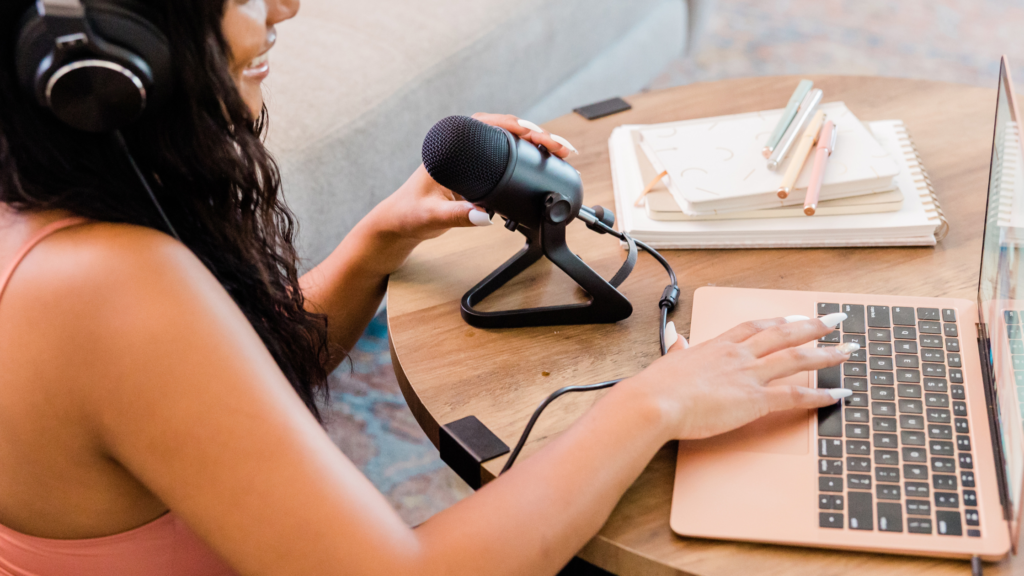
Recording and Producing Your Podcast
Tips for creating a consistent sound and production quality
To maintain a consistent sound and production quality, it’s important to use the same microphone and recording space for each episode. Additionally, using the same editing software, along with similar effects and settings, can help to create a cohesive sound for your entire series.
Tools and software for editing and publishing your podcast
Audacity is a popular and free audio editing software that is great for beginners. For publishing, you can use platforms like Anchor, Buzzsprout or Spotify. These platforms will handle the hosting and distribution of your podcast, so you can focus on creating content.
Importance of a consistent posting schedule
Having a consistent posting schedule will help you build an audience. Your listeners will come to expect new episodes on a certain day, so it’s important to stick to your schedule as much as possible.
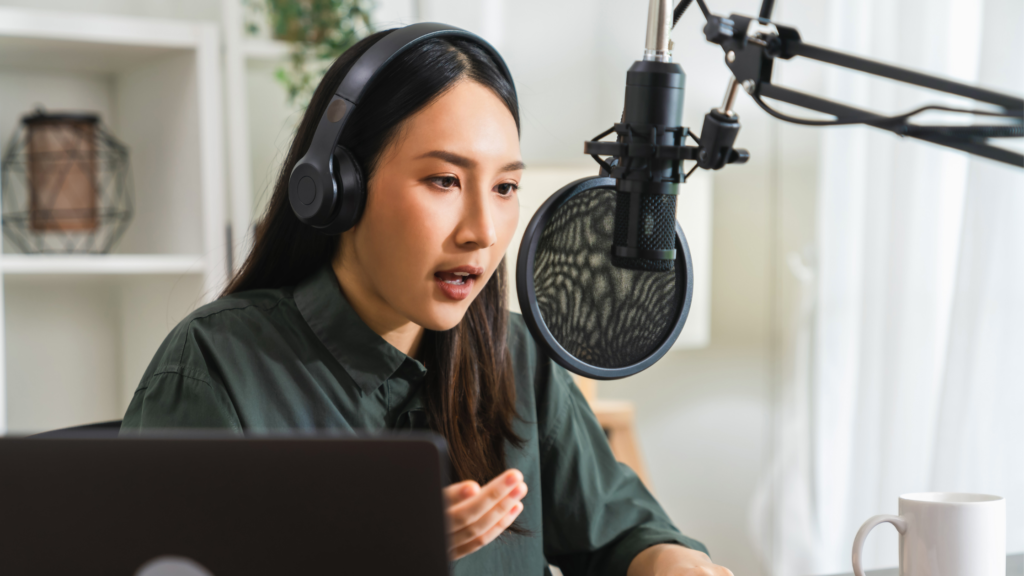
Choose a Podcast Hosting Platform
Anchor is a popular podcast hosting platform that allows users to easily record, edit, and distribute their podcast episodes. It has a user-friendly interface, making it easy for beginners to get started with podcasting.
It also has a built-in distribution feature that allows users to automatically send their episodes to multiple platforms, including Spotify, Apple Podcasts, and Google Podcasts.
In addition to hosting and distribution, Anchor also provides users with a range of other features including, analytics, monetization options, ability to schedule episodes, and more.
Buzzsprout is another podcast hosting platform that provides users with a range of tools for creating and distributing their podcast episodes.
Buzzsprout has a user-friendly interface and is easy for beginners to use. It allows for easy uploading and hosting of audio files, as well as automatic distribution to popular platforms such as Apple Podcasts, Spotify and more.
Additionally, Buzzsprout provides features such as analytics, dynamic ad insertion, integration with other podcasting tools, and a detailed episode data.
Both of these platforms are great options for beginners looking to start a podcast, they provide different features but in general they will help the user to create a professional-sounding podcast, easily distribute it and get insights on their audience.
Grow Your Audience
Utilize social media platforms like Twitter, Facebook, Instagram and LinkedIn to promote your podcast and interact with your audience.
Reach out to relevant communities and subreddits and ask if you can share your podcast there. Additionally, cross-promote with other podcasts and podcasters who have a similar target audience.
Growing in your niche community is a great way to learn, grow an audience and even find guests for your podcast!
Building a Website or Social Media to Support Your Podcast
Starting a website for your podcast is a great way to build a community and connect with your listeners.
Utilize your website to provide show notes, transcripts, templates and other resources for your audience.
Additionally, create social media accounts for your podcast and share clips, snippets, and behind-the-scenes content to keep your audience engaged and attract new listeners.
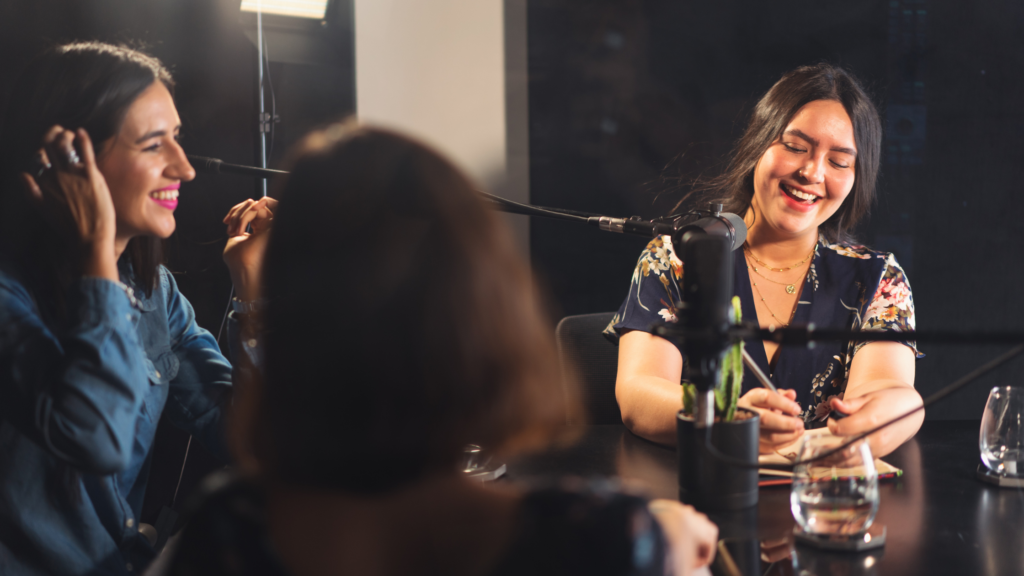
Monetizing Your Podcast
Options for generating income from your podcast
There are several ways to generate income from your podcast, including advertising, sponsorships, and merchandise sales.
Advertising can include the traditional pre-roll, mid-roll, or post-roll ads or sponsorships.
Sponsorships can include product mentions or partnerships, that align with your content and audience. Merchandise sales could include T-shirts, mugs or other items featuring your podcast’s logo or branding.
Check out our full post on starting a print on demand business to sell merchandise without ever having to touch the merchandise!
How to pitch and negotiate with potential sponsors
Pitching your podcast to potential sponsors can be done via email or by reaching out through a sponsorship platform like IZEA or Midroll.
Be sure to have clear statistics on your listenership and engagement, along with examples of past sponsorships or advertising you’ve done, ready to share.
Be prepared to negotiate, and don’t be afraid to walk away from a deal that doesn’t feel right for your podcast.
It’s important to align your monetization efforts with your content and audience to ensure that it doesn’t feel like an intrusion or an unwelcome distraction.
For example, if your podcast is all about sustainable living, a sponsor that sells eco-friendly products would be a good fit.
While it’s essential to think about monetizing your podcast, don’t let it be your primary focus, or the quality of the content will be affected.
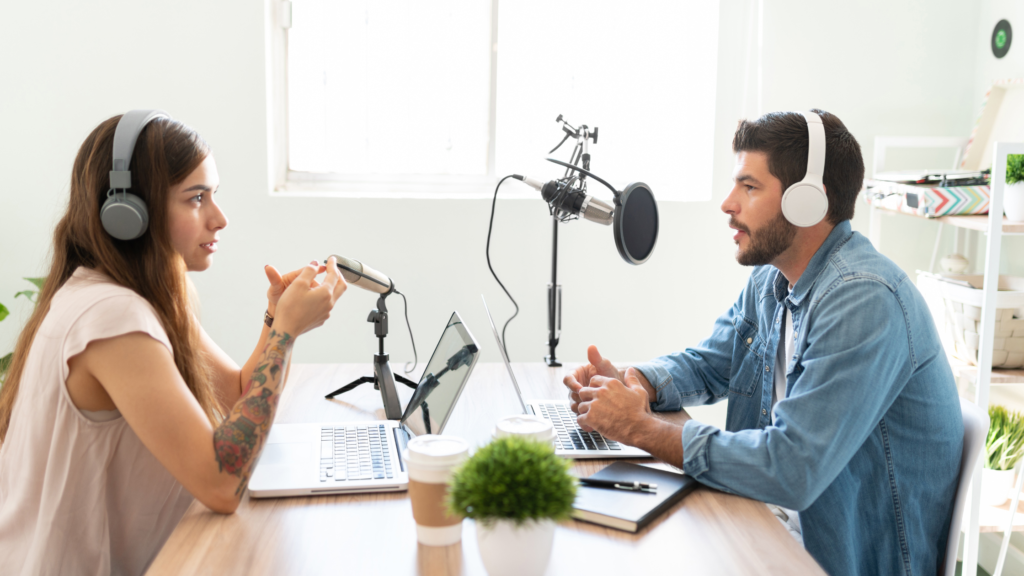
Continue Learning the Basics of Podcasting (Resources)
To improve your podcasting skills, you might want to check out some books on podcasting and audio production.
Podcasting: How to Start a Podcast and Create a Profitable Podcasting Business
NPR’s Podcast Start Up Guide: Create, Launch, and Grow a Podcast on Any Budget
Additionally, there are many online courses and tutorials available that can help you to improve your skills, including Podcasting Masterclass from Udemy, and How to Make a Podcast: Plan, Record, and Launch with Success from Skillshare.
Finally, other blog posts, podcasting communities and podcasting-related forums like r/podcasts are also great resources to learn more and get feedback on your own podcast.
Have fun!
Podcasting is a fun and rewarding hobby, and the bar for entry is relatively low! Anyone with a little tech knowledge and a desire to talk and share their message can enjoy a hobby of podcasting.
With the right equipment, some basic editing skills, and a willingness to put in the time and effort, anyone can start a successful podcast.
So, don’t be afraid to get started and give it a try!

